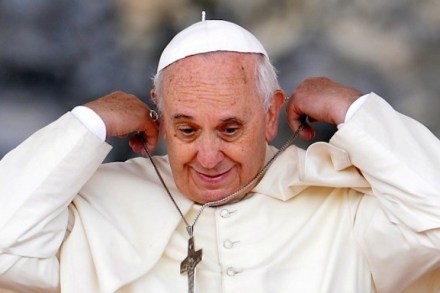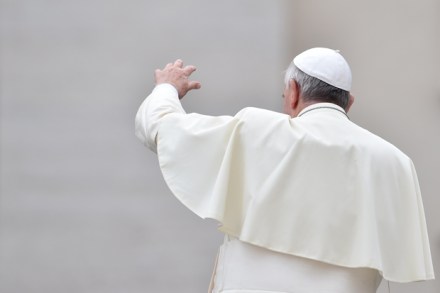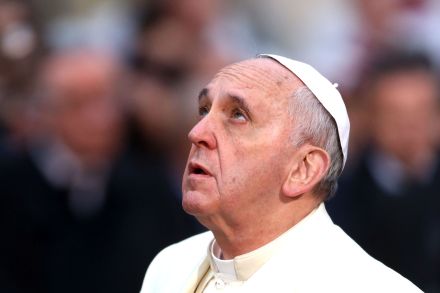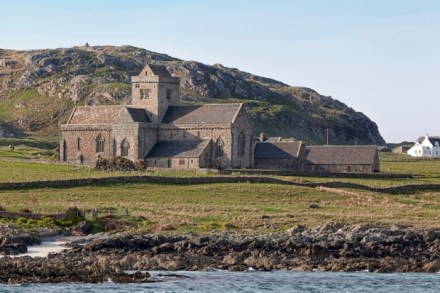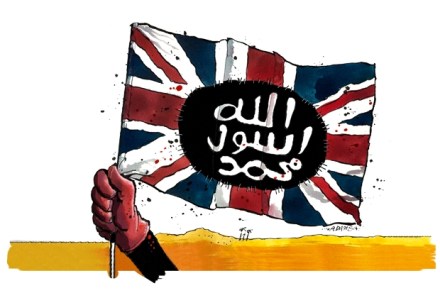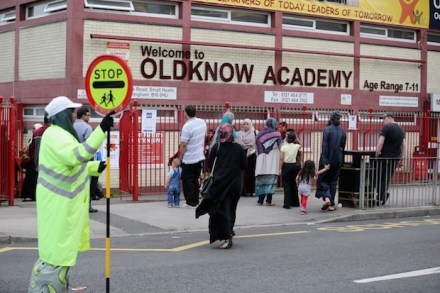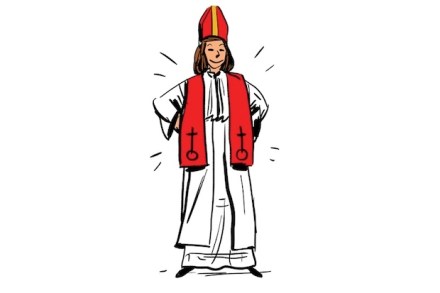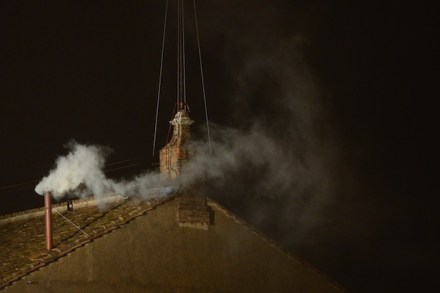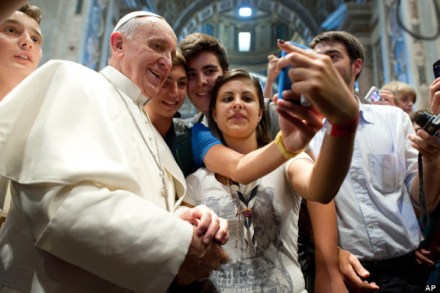Pope Francis: despite the glowing headlines, the jury is still out
How many of Pope Francis’s spiritual diseases do you suffer from? The pontiff laid out no fewer than 15 of them in an ‘exchange of Christmas greetings’ yesterday. They included ‘spiritual Alzheimers’, ‘existential schizophrenia’, ‘working too much’, ‘planning too much’, ‘working without co-ordination’ and, above all, ‘the terrorism of gossip’. I did a quick check and found two I definitely don’t suffer from: working too much and ‘feeling immortal, immune and indispensable’. It reminds me of the narrator of Three Men in a Boat who, on leafing through a medical dictionary in the British Museum, discovers he suffers from every ghastly malady except housemaid’s knee. A funny way to wish your staff a
